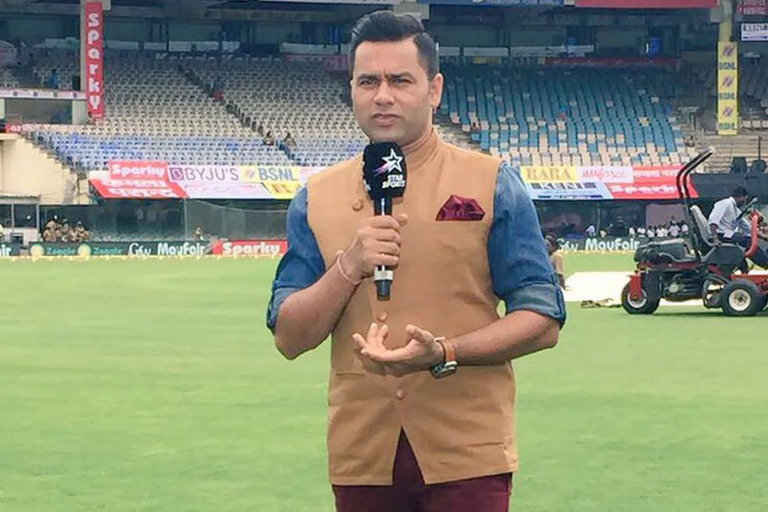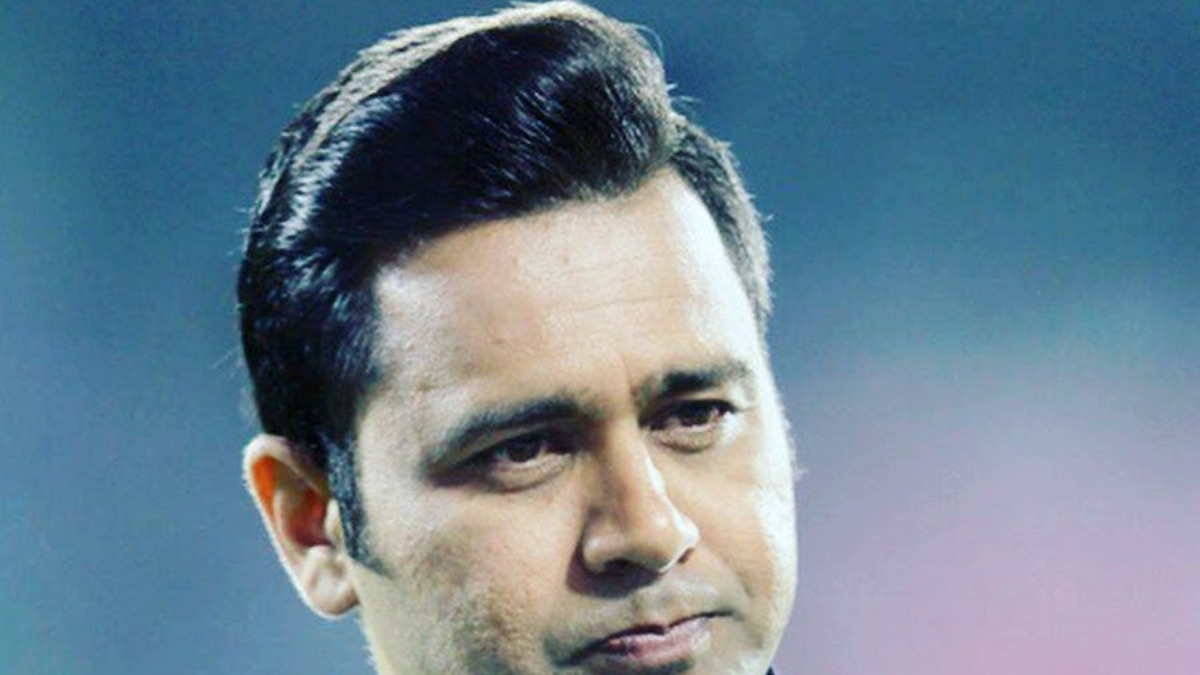Cricket is a gentlemen’s game and there are several rules listed that every player needs to follow while playing a match. There are some rules listed by ICC that are controversial or debatable. In recent times many cricket pundits and greats have raised their voices about tweaking some rules of the games.
Aakash Chopra the former Indian opener is one of the most active personalities on social media. He too comes out with his expert analysis, possible and predicted teams for any big tournament or game. This time he has shared his opinion on what all rules can be changed in cricket.
Aakash Chopra Picks 10 Rules That Should Be Changed In Cricket

He wants ICC to introduce a new and unique rule in cricket. Aakash Chopra wants ICC to introduce a law of awarding 8 runs to a batsman, who smashes six of 100+ meters during a game. He added that this kind of rule is interesting and can be used in T20 leagues before using it in international cricket.
“8 runs for 100+ meter long sixes. There should be some advantage of hitting such huge sixes. I am not saying 90, I am saying 100 meters. You need a lot of power to hit a 100m six. This might be implemented in some league, international cricket, I don’t know,”
Aakash Chopra wants ICC to bring the old one-ball rule back in ODI format. He feels earlier only one ball was used in a 50-over game. At that time, the ball used to reverse. But, now two balls are used and there is very little reverse that can be witnessed in the matches. He is of the opinion that only one ball should be used in white ball cricket (ODIs).
“When you talk about ODI cricket, it is played with two balls. So the ball is only 25 oversold at the end. There was a time when the same ball was used for the entire 50 overs and the ball used to reverse then. The spinners also want a ball that is 35-odd oversold. So, you should keep just one ball,”
The former player then picked a rule that is one of the debatable one. He feels that if a bouncer is given wide by the umpire then the bowler should get a chance to bowl another legal bouncer in the same over. As per him, it is already an illegitimate delivery given by the umpire.
“If a bouncer has gone over the head and the umpire has given a wide, it should not be counted as a bouncer. It is already an illegitimate delivery and the bouncer should not be wasted in that. In T20 cricket, once a bouncer goes over the head, the batsman can get right forward and play any shot, so the bowler’s hands are tied,”
The other rules that Aakash Chopra wants ICC to change are:-
“Get rid of the leg byes. It is a game of bat and ball and not the pads. The batsman actually got beaten, then why should the team get runs in such a scenario. It is a fantasy, it is not going to happen,” stated Aakash Chopra,”
“Umpires should wait for the ball to get dead before giving out. If the umpire gives a batsman out wrongly and the ball goes to the boundary since the umpire had given it out, the ball is considered dead and you don’t get the runs,”
“A bowler who takes two wickets in white-ball cricket should get an extra over. A batsman can play the entire 20 or 50 overs if he is batting well, but the bowler can bowl only four or ten overs. So if he is a successful bowler that day, the captain should have an option to give him an extra over,”
“Overs after the stipulated time in T20 and ODI should have extra fielder in the circle. There can be nothing better than this, all teams will fall in line,”
“If the LED stumps light up, it should be out. The zing bails are heavy, they light up but they don’t fall off at times. They light up only when the connection is lost, so please do not penalize the bowler,”
“No soft signal outside the 30-yard circle. I can understand it within the circle but beyond that, it is an absolute waste of time. How can an umpire figure out if the foot touched the boundary or not?,”
“The on-field umpire should be able to take assistance from the 3rd umpire in case of doubt. There should be conclusive evidence in such a scenario, whether out or not out.”


